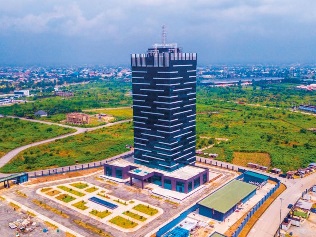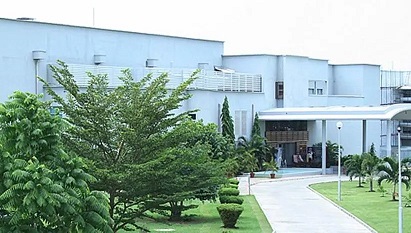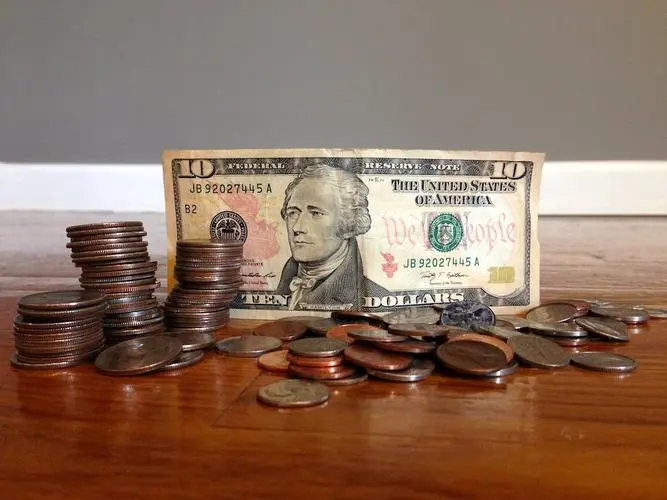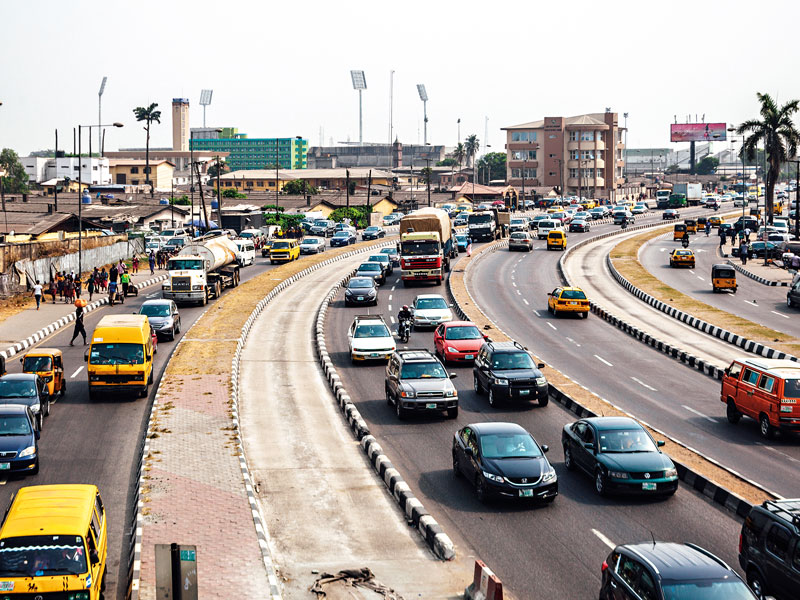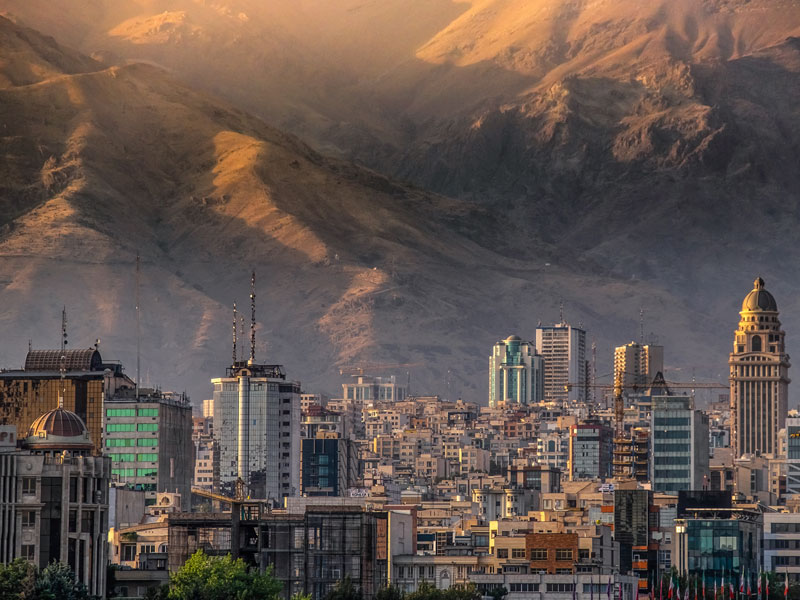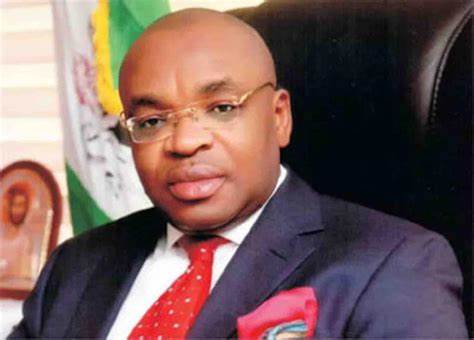Indonesia, under the leadership of President Joko Widodo, popularly known as Jokowi, is entering a new era marked by economic reforms and potential geopolitical shifts. As Jokowi embarks on his second term, the world watches with anticipation to see how Indonesia will navigate its future.
Jokowi’s first term was marked by a series of reforms aimed at bolstering economic competitiveness, strengthening anti-corruption measures, and attracting investment. However, the journey was not without its challenges. Despite some progress, the country experienced political, strategic, and economic drift. The failure to achieve an annual GDP growth rate of seven percent, a promise made during his 2014 presidential campaign, was a notable setback.
As Jokowi begins his second term, he is expected to take a bolder stance against China. This shift was hinted at when one of his top advisors criticized China’s Belt and Road Initiative (BRI) and highlighted the delayed Jakarta–Bandung high-speed rail project, which is backed by China.
Despite these challenges, Jokowi’s administration remains committed to driving economic growth and development. Key areas of focus include attracting foreign investment, reforming restrictive labor laws, improving education, and expanding energy supplies, particularly in rural areas and islands that lack access to electricity.
In conclusion, Jokowi’s second term is likely to be characterized by a renewed focus on economic reforms, a potential shift in relations with China, and continued efforts to address domestic challenges. As Indonesia navigates its future under Jokowi’s leadership, the country stands at the precipice of significant transformation and growth.

